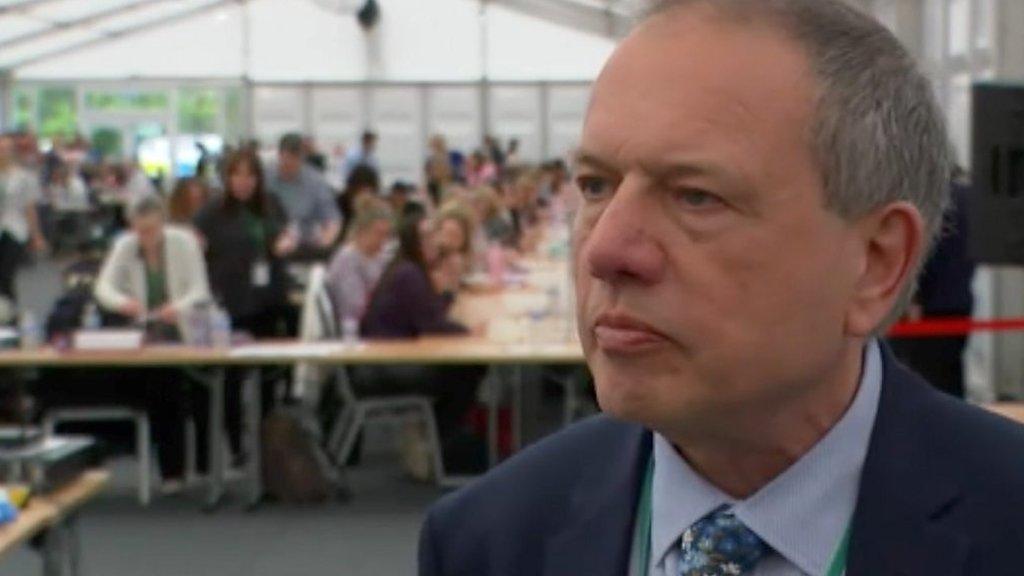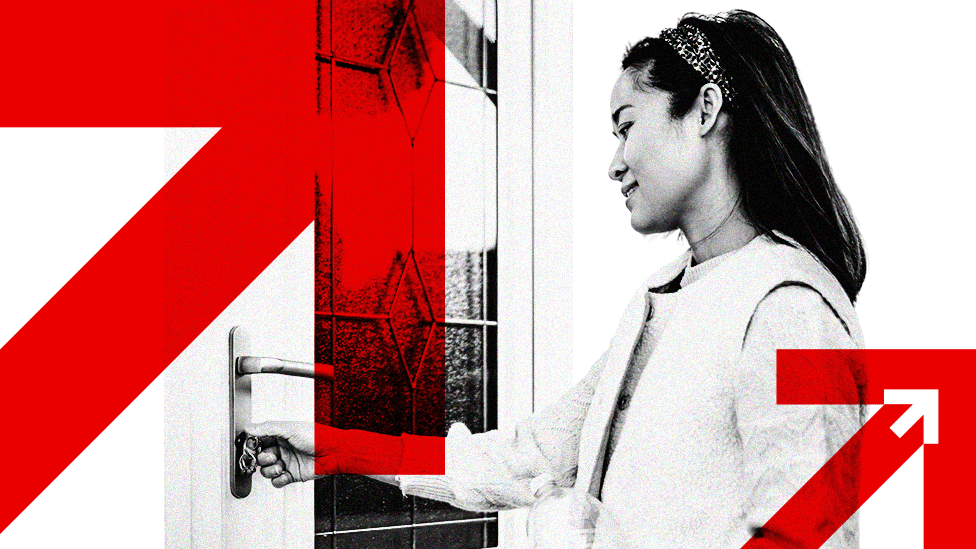'We need government help, not higher council tax'
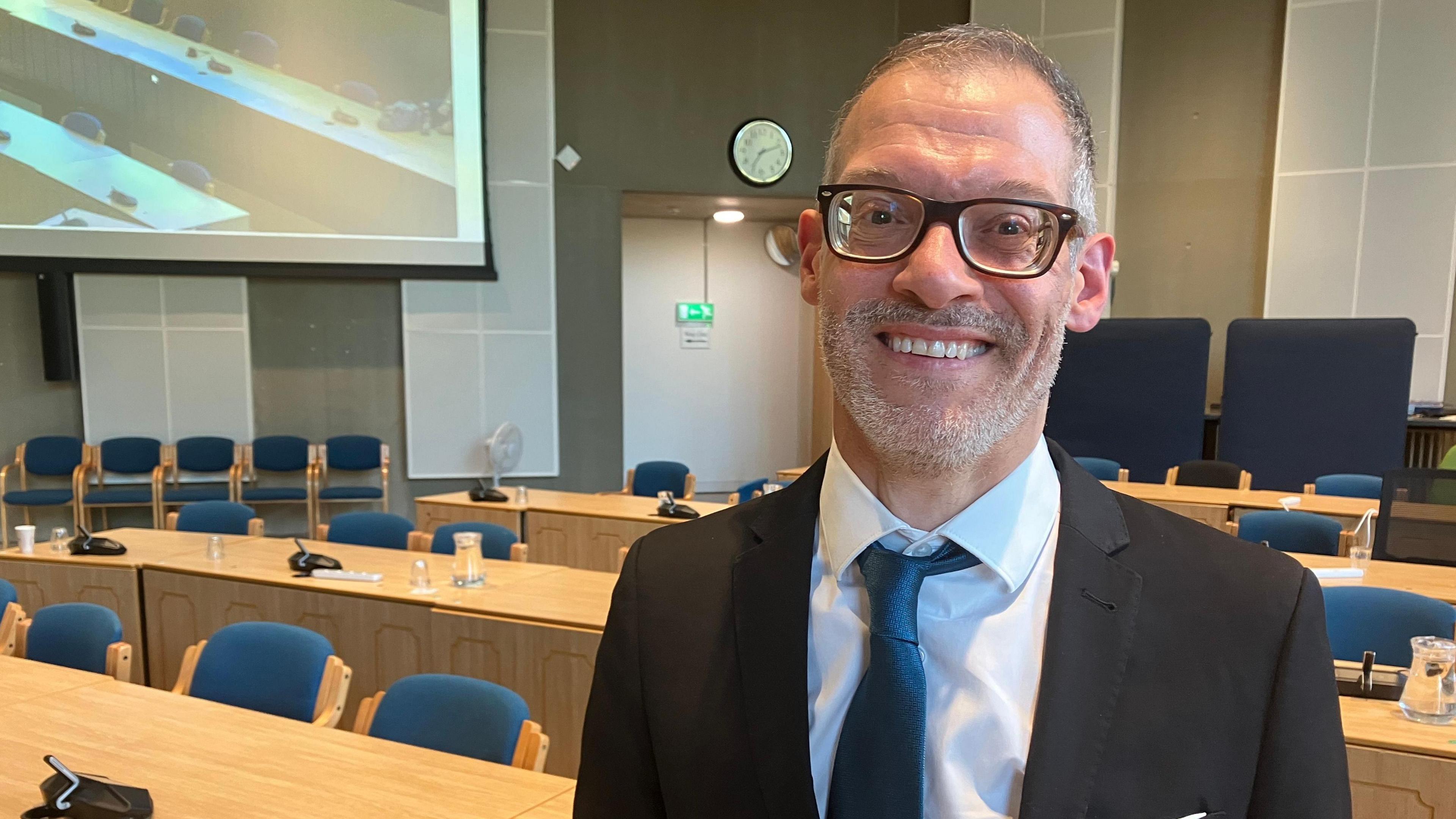
Adam Zerny wants the government to step in with more financial support
- Published
An Independent council leader said he would "prefer we didn't put the burden on the public" to fix local authority finances by raising council tax by "10 or 15%".
In 2023-24, the previous Conservative leadership of Central Bedfordshire Council agreed to freeze council tax, but after gaining control in May 2023, the Independent group raised it by the maximum 4.99% for 2024-25.
Council leader Adam Zerny said next year would see another "tough budget after a tough budget last year" and wanted the Labour government to provide more support.
A government spokesperson said it was "ready to speak to any local authority that is experiencing financial difficulties".
Local authorities are not allowed to raise council tax by more than 5% a year without a referendum or special dispensation.
Zerny told the BBC: "I don't think the answer is just passing it on to the public and saying we're going to put council tax up by 10 or 15% like some did last year," he said.
However, he is concerned that increasing demand for adults' and children's social care is having a "massive impact" on finances at the unitary authority, which provides all council services in the district,.
BBC figures show Central Bedfordshire had to make savings of almost 10% from its annual budget in 2023-24, but had to use £15.1m from reserves to balance the books.
Its budget for 2024-25 was set at £265m, external, with an average Band D council tax, external set at £2,130 per household, which also includes the contribution to the county's police and fire services.
"If you look at local authorities that can only increase their budget by 3-5% a year, which has to cover everything, then you are looking at specific areas where the cost is shooting up year after year," said Zerny.
Like other authorities, the council has had to deal with an increase in demand for Send (special educational needs and disabilities) provision, with its high needs, external block deficit close to £25m on 31 March.
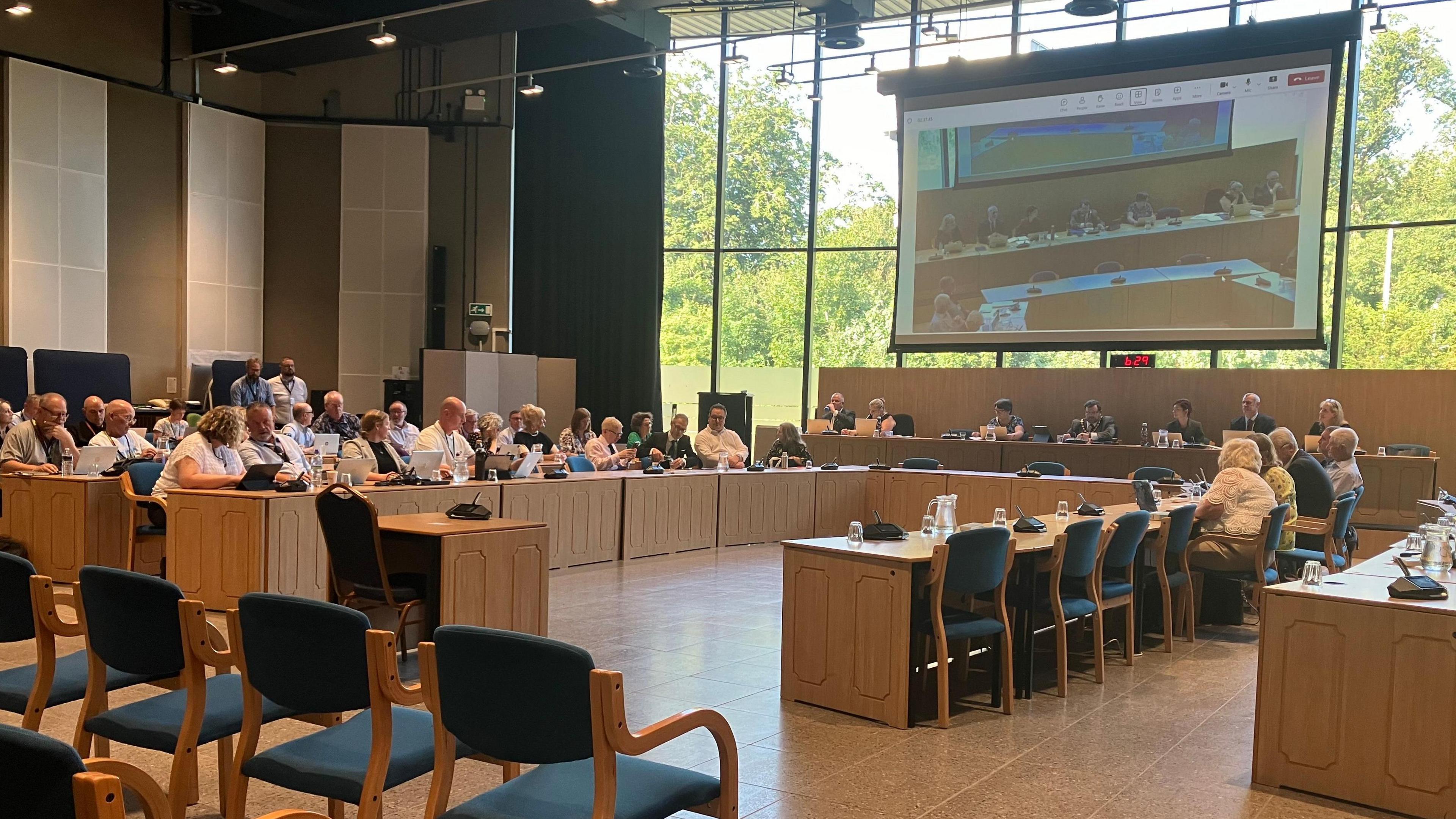
BBC figures show Central Bedfordshire Council had to make savings of almost 10% this year in its budget
Zerny wants the government to "understand the impact that this is having on a local level" adding that the number of children requiring Send provision natinally was about 1.6 million, and "that's increased by 100,000 in a year".
He said: "We've got smart people trying to understand how we can prevent costs going up any further and looking at areas where we can get costs down."
Recently the authority rejected plans which would have seen children only getting free bus travel if they went to their nearest school, but Zerny said: "The cost of getting kids to school has increased from a few million to approaching £20m in just three or four years.
"Most people want their children to be educated close to them and we've got to try and understand how we can do that effectively and economically."
The authority has just opened a new Send block at Sandy Secondary School and the council leader said they were looking at all options for Send provision.
"Our children's services department is putting together a plan for our budget for next year, but I think it's important we don't just have single locations were specific educational resources are provided," he said.
'Fixing the foundations'
Levels of council funding are announced annually as part of the Local Government Finance Settlement.
A Ministry of Housing, Communities & Local Government spokesperson said Labour was "focused on fixing the foundations of local government by rebuilding the sector from the ground up".
“We will provide long-term stability by moving towards multi-year funding settlements and ending competitive bidding processes, so we can reform local government and get it back on its feet," they said.
"The department stands ready to speak to any local authority that is experiencing financial difficulties to ensure they are better able to provide for their communities.”
Analysis by Andrew Sinclair, BBC East political editor
New research by the BBC has found that across the country the financial pressure being faced by local councils is getting worse. All of them are already in the middle of cutting millions of pounds from this year’s budgets but nearly all are predicting a further shortfall in future budgets which is getting larger every year.
The problem is most acute for our county councils and unitary authorities which oversee the big spending departments of social care, children’s services and highways.
Our figures show Bedford Borough Council faces a £27m shortfall (16% of its budget) while Milton Keynes Council faces a £23m shortfall (9% of its budget).
Central Bedfordshire Council and Buckinghamshire Council are predicting no shortfall at the moment.
All the authorities say there will be tough spending decisions of one kind or another to balance the books.
Over the last 15 years, councils have learnt to slim down their back office, reduce services and look for alternative ways of making money. Every year it gets harder.
The new government is promising a longer term funding settlement to help councils with their planning. But could it do more?
Other suggestions include lifting the cap on how much they can put up council tax by or being given permission not to have to balance their budget every year.
And they would all like it if the Chancellor of the Exchequer Rachel Reeves could find some more money for councils in her budget.
Get in touch
Do you have a story suggestion for Beds, Herts & Bucks?
Follow Beds, Herts and Bucks news on BBC Sounds, Facebook, external, Instagram, external and X, external.
Related topics
- Published11 September 2024
- Published11 October 2024
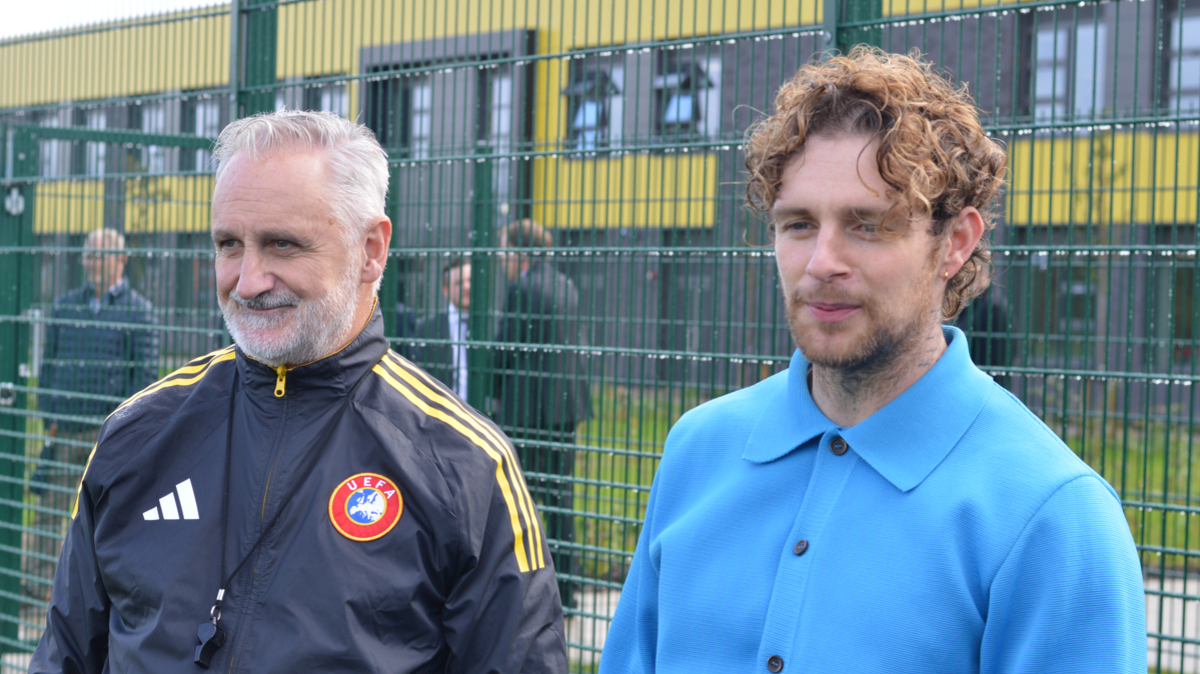
- Published17 February 2023
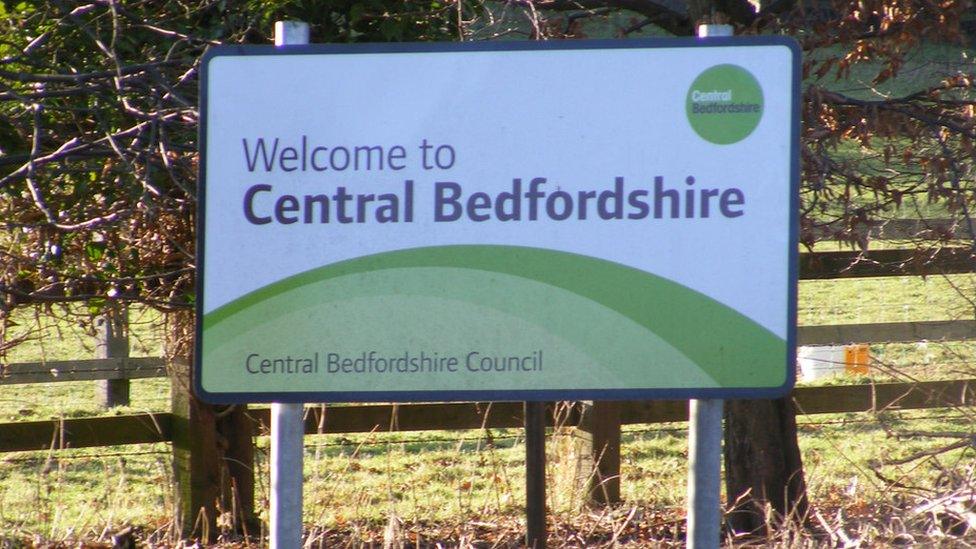
- Published19 July 2024
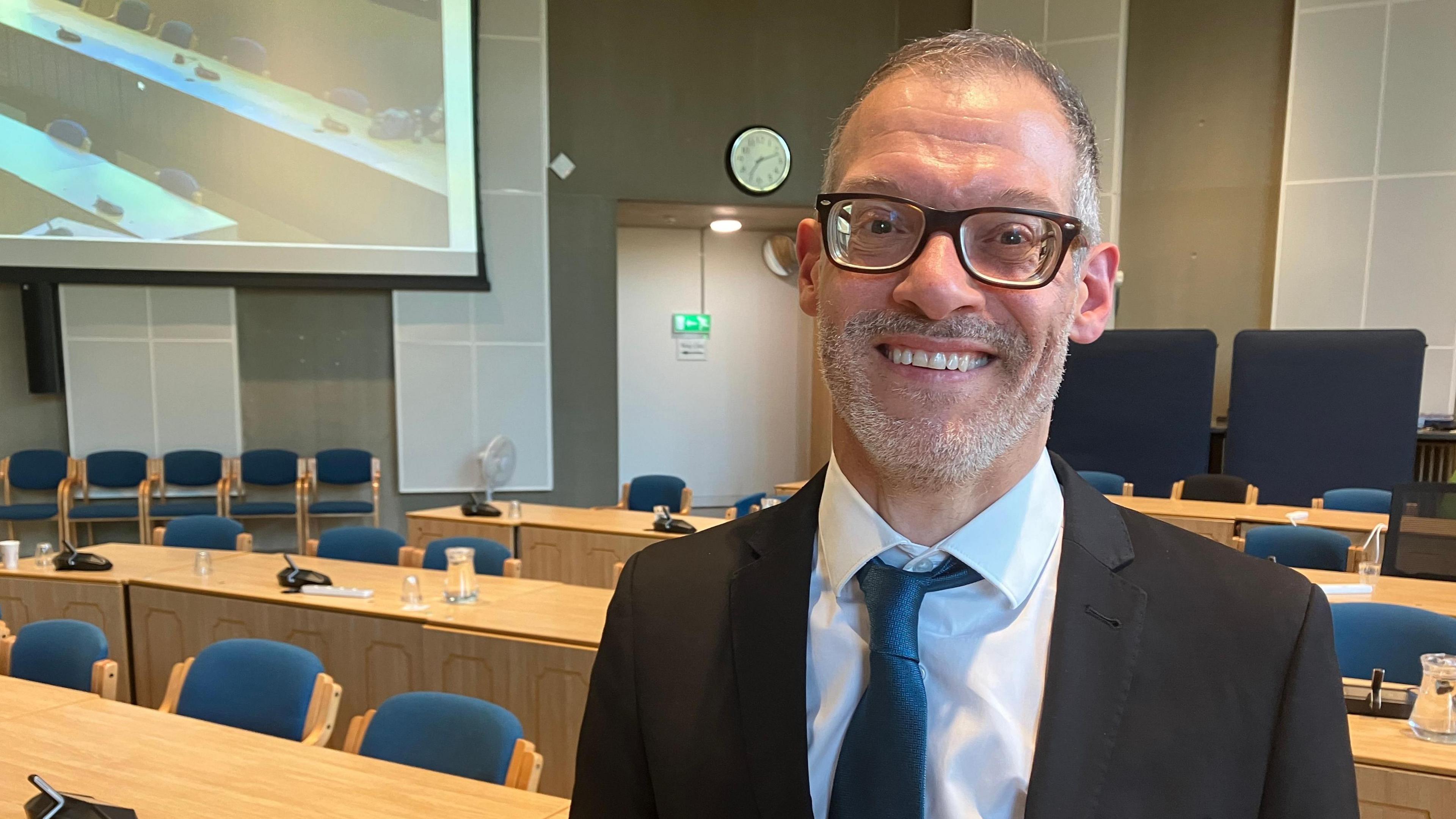
- Published5 May 2023
